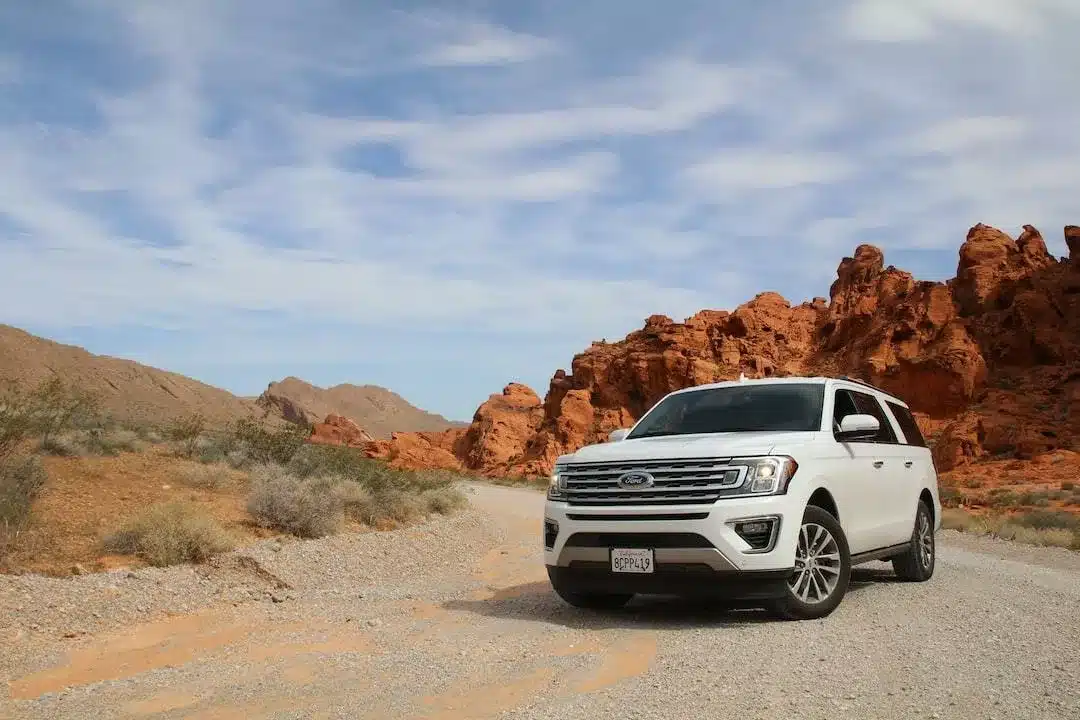If you’ve always dreamed of owning your own business and you have a passion for automobiles, then starting your own independent car dealership might be a good fit for you.
Considering consumers are always in need of quality new and used cars, owning a car dealership offers a promising career path. In order to help you shift gears and become your own boss these tips will help you keep your dreams on track, no matter what obstacles might lay in your path.
New or Used
Before you begin lining up cars on the lot, you have to decide whether you want to deal primarily in used or new car sales. If you choose to start a new car dealership, it’s important to keep in mind that the initial investment is substantially higher than a used car dealership. This means you’ll likely need an investor or financial backing from a bank.
Starting a used car dealership, on the other hand, doesn’t require such a large initial investment, but the earning potential is lower.
Form a Business Plan
Once you decide between selling new or used cars, you’ll need to create a business plan. This is especially the case if you need to acquire financing. A solid dealership should begin with the vehicles themselves; are you going to sell one brand or multiples? If selling both new and used cars is a possibility, it’s also important to include this in the business plan.
Other important items to include in your business plan are estimated equipment costs, manufacturer car costs versus used car prices, employee salaries, lease and sales agreement costs and estimated advertising budget. All of these factors will help you determine a realistic business plan.
Learn Salesman Trade
A passion for cars doesn’t necessarily mean you’re an ideal salesman. Retail sales can be a challenging business. It doesn’t matter if Whether you’re selling used or new cars, your number one goal as a car salesman is upfront honesty.
From the condition of the vehicle to following through specific promises during the selling process, letting your customers know exactly what they’re getting is the key to success. Other salesman traits include not being too pushy, knowing how to handle the negotiation stage properly and knowing when to give potential buyers some breathing room.
Licensing, Bonding and Insurance
There are a number of hurdles you have to jump before you can begin selling cars, and one of them is obtaining your dealer’s license. If you want a full-fledged dealership, then you need a dealer’s license that permits you to sell an unlimited number of vehicles a year. A dealer’s license is also necessary if you want your sales activities to fall within the Consumer Rights and Safety laws. You will want to contact your Secretary of State for the criteria necessary for getting a license in your area.
As for bonding, you’ll want a surety bond for your dealership, which protects you from contract defaults with vendors, vehicle suppliers and wholesalers. Surety bonds are an effective way to safeguard transactions that take place between your dealership and any outside party you do business with.
All car dealerships require comprehensive insurance coverage whether they deal with used cars, new cars, or both. Typical car dealership insurance coverage includes general liability, lot coverage, and comprehensive plans that cover everything from property damage to inventory loss.
Choose the Right Location
There are a couple factors that come into play when choosing a location for your car dealership. First, you’ll want to make sure the location you choose can support your business. The larger the population, the more sales you’ll make. Then there’s the location’s visibility to take into consideration. If your lot is on an obscure road or set back from the roadside, you’ll likely draw fewer customers.
A corner lot at a major intersection is ideal, but a high-traffic road is also a smart choice. There’s also the competition to keep in mind. Dealerships that are right next to one another appeal to shoppers because it gives them the opportunity to walk away and quickly find another lot and another deal. This could be a good or bad thing for your business depending on which end of this scenario you’re on.
Handle Your Inventory Properly
As a car dealership owner, the last situation you want to find yourself in is not having plenty of options for your customers. Making a sale is great, but a dwindling inventory is not. Because of this, you’ll have to play inventory chess regularly and predict when you’ll need to restock and what you’ll need to restock with.
You can track your car sales and get a good idea of which makes and models seem to have the quickest turnaround. This is easier with new cars, but it’s still possible with used cars. Break your sales down into make and model popularity. You can then predict if you should restock with more SUVs and trucks or stick with fuel-efficient compact sedans.
Adhere to Lemon Laws
It’s important to make sure your new dealership abides by the Federal Used Car Rule, as well as the Consumer Rights and Safety laws, and used car dealership lemon laws. These include stipulations concerning full disclosure on all known mechanical issues with the cars your dealership sells. In addition, dealership laws also include requirements your dealership must follow when offering full and limited warranties.
Incorporate F&I
When looking for an F&I partner for your dealership, it’s important to choose a company that knows your industry and is aligned with your vision of the future. Contact Vantage Finance to learn more.
Given the high initial costs of opening and operating a car dealership, you might find that it takes a certain amount of time before your business begins to turn a real profit, but don’t give up. Focus on your customers, hire reliable people, provide high-quality merchandise and keep your eye on the prize.






